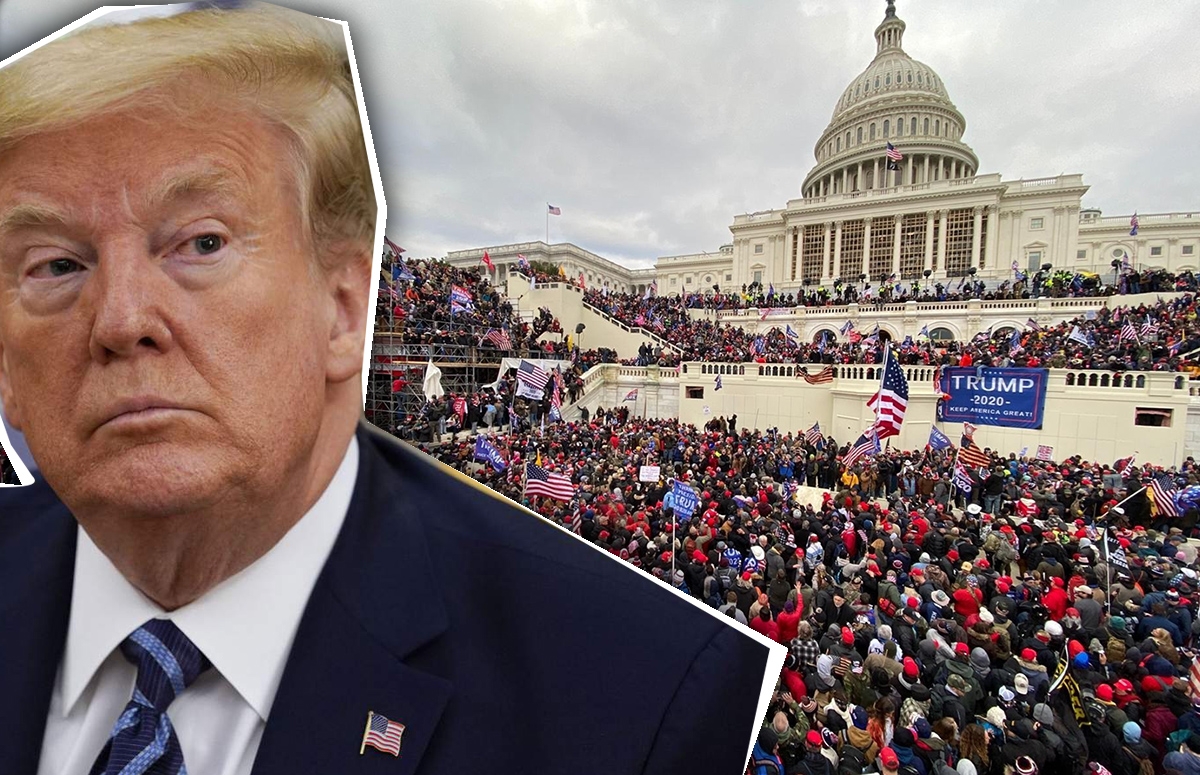
Some key words in Chinese politics
ABOVE: Commuters on Beijing subway. The system consists of 24 lines and 727 km of tracks that serve both urban and suburban areas. (PHOTO: Zhang Kaiyv)
by Cong Peiwu, Chinese Ambassador to Canada
After working in Canada for some time, I feel a lot of Canadian friends, despite their great interest in Chinese politics, do not know much about it. This lack of understanding is mainly due to the geographical distance between China and Canada, and the differences in political systems, histories, culture, and ideologies between our two countries. Therefore, to enable Canadian friends from all walks of life to understand China better, I would like to give a brief introduction of several keywords in Chinese politics.
The Two Centenary Goals: The first centenary goal is to complete a moderately prosperous society in all respects by 2021,when the Communist Party of China (the CPC) celebrates its centenary, and the second is to build China into a modern socialist country that is prosperous, strong, democratic, culturally advanced, and harmonious by 2049, when the People’s Republic of China marks its centenary. The Two Centenary Goals were first put forth in 1997, and the 18th National Congress of the CPC in 2012 called on the Chinese people to march toward the two goals. Since then, the Two Centenary Goals have become a fixed term, and the common goal for Chinese people of all ethnic groups. Since the 18th National Congress of the CPC, China has made historic achievements and registered historic changes in various undertakings of the Party and the country and reached a new historic starting point. Socialism with Chinese characteristics has also entered a new era. The 19th National Congress of the CPC in 2017 made a strategic arrangement to realize the second Centenary Goal in two stages, namely, to basically realize socialist modernization by 2035, and to build China into a modern socialist country that is prosperous, strong, democratic, culturally advanced, and harmonious and beautiful by the middle of 21 century.
The Reform and Opening-up: In December 1978, the Third Plenary Session of the 11th Central Committee of the CPC passed the historic decision to carry out the policy of reform and opening-up and shift the focus of the Party and country’s work to economic development, thus creating a great turning point of profound significance in the history of our Party since the founding of New China. Since then, great changes have taken place in China. Over the past 40 plus years, China’s gross domestic product (GDP) has grown from 367.9 billion yuan to 101.6 trillion yuan in 2020, making China the world’s second largest economy, the largest manufacturer, largest trader in goods and the largest recipient of foreign direct investment (FDI). China’s development has provided successful experience for other developing countries as they strive for modernization.
People-centered Philosophy: The original aspiration and the mission of the CPC is to seek happiness for the Chinese people and rejuvenation for the Chinese nation. The people-centered philosophy is the core concept of Xi Jinping’s Thought on Socialism with Chinese Characteristics for a New Era. Since the 18th CPC National Congress, the CPC has already made realizing, safeguarding, and developing the fundamental interests of the overwhelming majority of the people the starting point and goal of all the work of the Party and country. As a result, with improved living standards, Chinese people have a greater sense of happiness and security. On the one hand, the CPC and the Chinese government met the basic needs of the 1.4 billion Chinese people. Home to nearly one-fifth of the world’s population, China eradicated extreme poverty, completing the first target of the UN 2030 Agenda for Sustainable Development 10 years ahead of schedule. On the other hand, China has established the world’s largest social security system, with basic medical insurance covering more than 1.3 billion people and basic pension insurance covering over 1 billion people. All these facts fully reflect our Party and government’s people-centered philosophy and their fundamental purpose of serving the people wholeheartedly.
Lucid waters and lush mountains are invaluable assets: Since the 18th CPC National Congress, the CPC has placed the construction of ecological civilization at the forefront of its governance. Guided by the concept of “lucid waters and lush mountains are invaluable assets”, the CPC brought about historic, transformative, and comprehensive changes in China’s ecological protection, therefore found a sustainable path of development characterized by enhanced production, prosperous life, and sound environment. Recently, President Xi Jinping delivered a speech at the Leaders’ Summit on Climate, calling on the world to work together to foster a community of life for man and Nature. China has incorporated the concept and construction of ecological civilization into The Constitution of the People’s Republic of China and the overall layout of socialism with Chinese characteristics. China has become the world’s largest consumer of new and renewable energy. In particular, the share of non-fossil energy in China’s total primary energy consumption has increased to 15.3 percent, and China’s installed capacity of renewable energy already accounts for 43.4 percent of the world total. In 2020, China produced 1.366 million new energy vehicles and its sales volume reached 1.367 million, ranking first in the world in terms of production and sales for six consecutive years. All these facts reflect China’s willingness to work with other countries to build a community with a shared future in a responsible manner.









